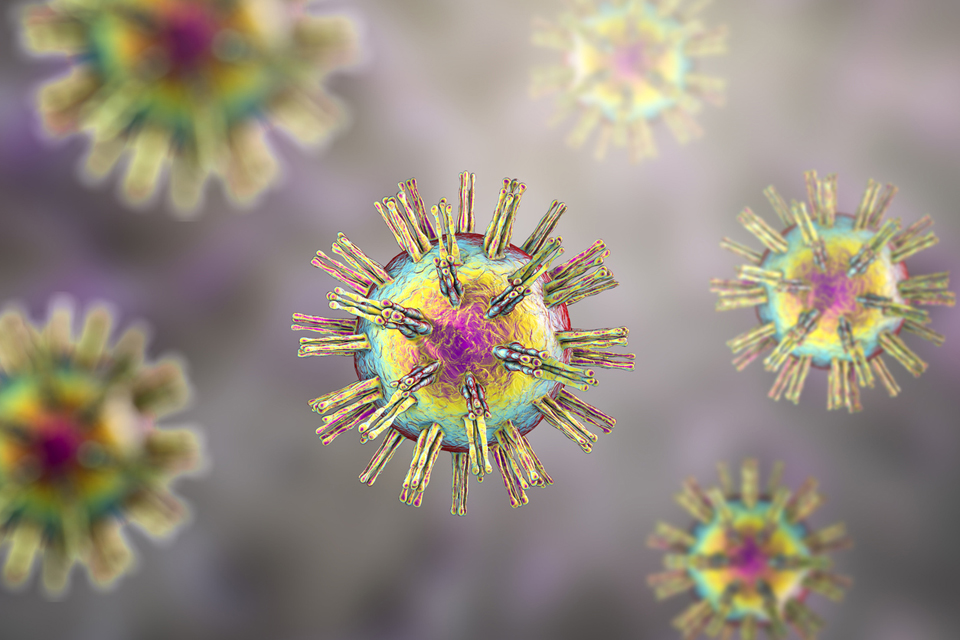
Lea esta hoja informativa en español
"I heard a lot of other people have it too.
Matter of fact, the internet says that it is very common.
So I know I'm not alone in this.
But for me, there is a shame that exists in this space.
And I don't like it." – From "The Walking STD" by ci.ciiiiii, on A Girl Like Me
Herpes is a sexually transmitted infection (STI) caused by a virus that lives in the nerves. There are two common types of herpes:
- Herpes simplex type 1 (HSV-1) usually causes cold sores around the mouth
- Herpes simplex type 2 (HSV-2) usually causes sores in the genital area
However, it is possible to get HSV-2 in the mouth and HSV-1 in the genital area.
People with herpes may have no symptoms. If they do have symptoms, these are usually itchy or painful blisters. The virus is spread through skin-to-skin contact with sores, but it may also spread through the normal unbroken skin of a person who has herpes. Many people who have never had symptoms may not realize that they have herpes. Currently there are no recommended tests to look for this infection other than a physical exam and culture of a blister. In most people, the sores come and go, but the virus stays in the body for life.
Sometimes there are no symptoms because the virus is "hiding" in the nerves. Some women living with HIV never had blisters or sores before they acquired HIV. They are then surprised when they develop an "outbreak" of sores because their immune system is weakened by HIV.
Genital HSV-2 infection is more common in women than men. In addition, women living with HIV may have more frequent herpes outbreaks that may be more difficult to treat. There is no cure for herpes, but the antiviral drugs Zovirax (acyclovir), Valtrex (valacyclovir), and Famvir (famciclovir) can reduce the number of outbreaks if taken daily, and can shorten outbreaks and make them less severe if taken as soon as symptoms begin. Valtrex has also been shown to lower the risk of passing the infection to someone else.
People who are pregnant can pass herpes to their babies, so it is important to let your health care provider know if you have genital herpes and you are pregnant or planning to become pregnant.
View our full fact sheet on Sexually Transmitted Infections or Diseases (STIs or STDs)

